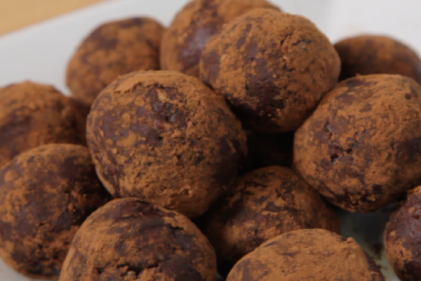 Thumb sucking is a common childhood problem. But while some kids grow out of it eventually, not all do and it can have consequences for your child’s teeth. According to Dr. John S. Walsh, author of Healthy Teeth for Life, thumb sucking is a problem when children continue to do it after the age of four. This is because it can actually push teeth out of shape.
Thumb sucking is a common childhood problem. But while some kids grow out of it eventually, not all do and it can have consequences for your child’s teeth. According to Dr. John S. Walsh, author of Healthy Teeth for Life, thumb sucking is a problem when children continue to do it after the age of four. This is because it can actually push teeth out of shape.
So, before it starts to impact on your child's teeth, here are five ways to stop it before it,
Have boundaries
Rather than go cold turkey, which would not be pleasant for either you or your child, try to limit the places where they can suck their thumb. Explain how it is only for bedtime and not for outside the home. Eventually, your child will learn to deal with situations where they look for comfort without resorting to sucking their thumb.
Praise them
Offer them loads of praise for not putting their thumb in their mouth, rather than scold them for when they do. Children learn by positive feedback and any negative responses can actually be counterproductive.
Talk about it
Your child is now at the age where they are able to understand more of what you say. Talk about the effects of thumb sucking - pushing teeth out – so that they are aware of why they need to stop. Knowing the reasons can actually help them to put things into perspective.
Politely point it out
When you spot your little one with their thumb in their mouth, politely point it out to them, without giving out. Thumb sucking will be a natural reflex for a long time so your child probably won’t even notice when they do it. A gentle reminder or acknowledgement that their thumb is in their mouth should be enough to get them to remove it.
Be patient
Remember to be patient. It can take a long time to stop the habit of thumb sucking, so you may need to persevere for longer than you anticipated. As long as your child is making a conscious effort to stop, then they will eventually break the habit. If you or they are really struggling to stop, talk to a dentist who may be able to help you.










